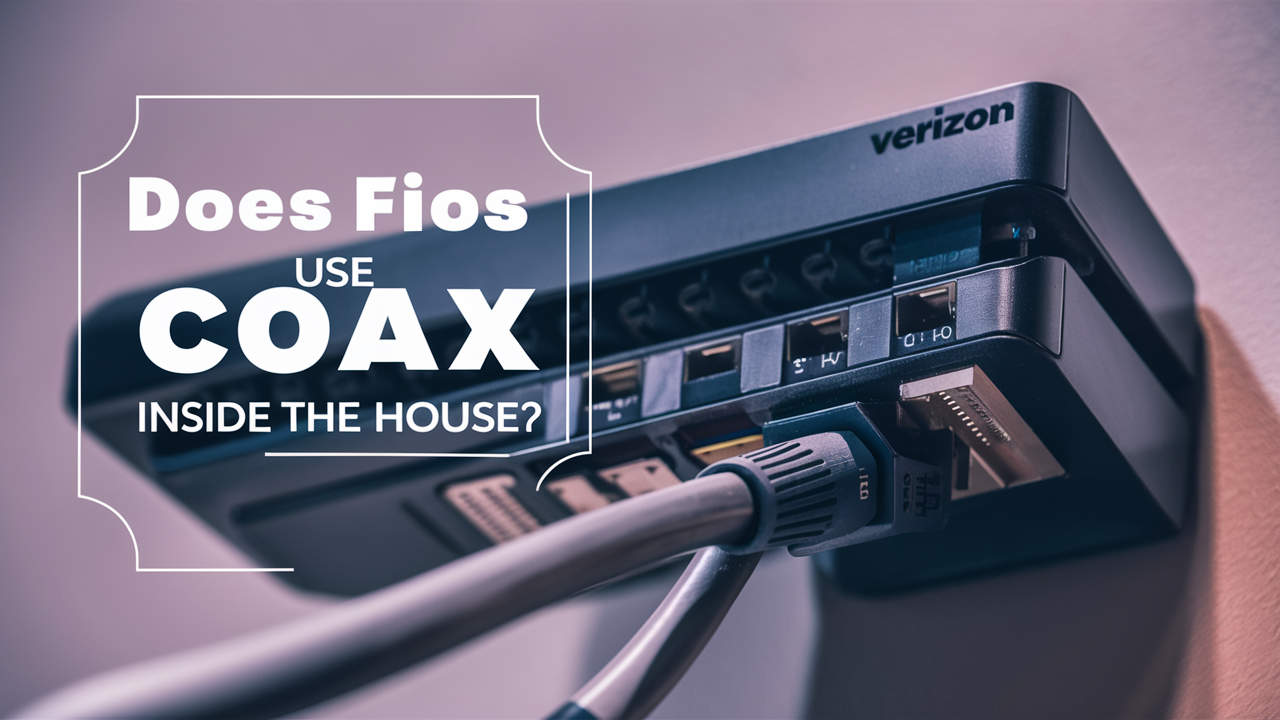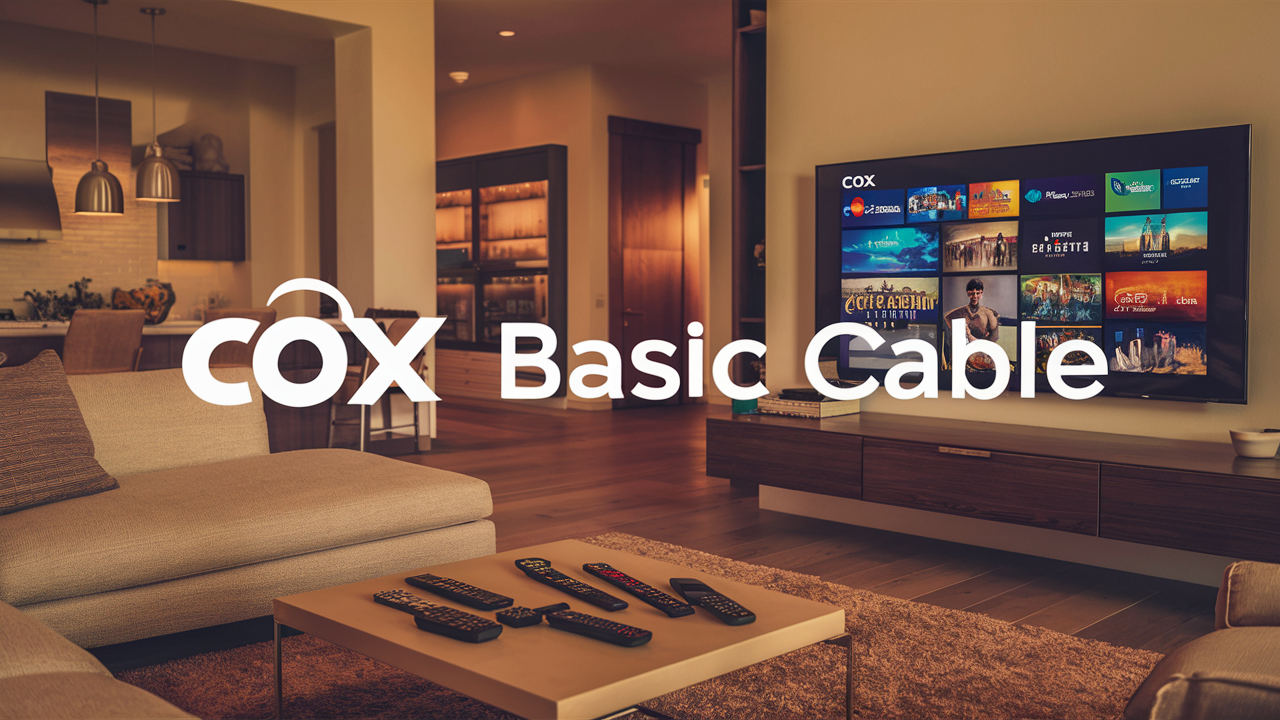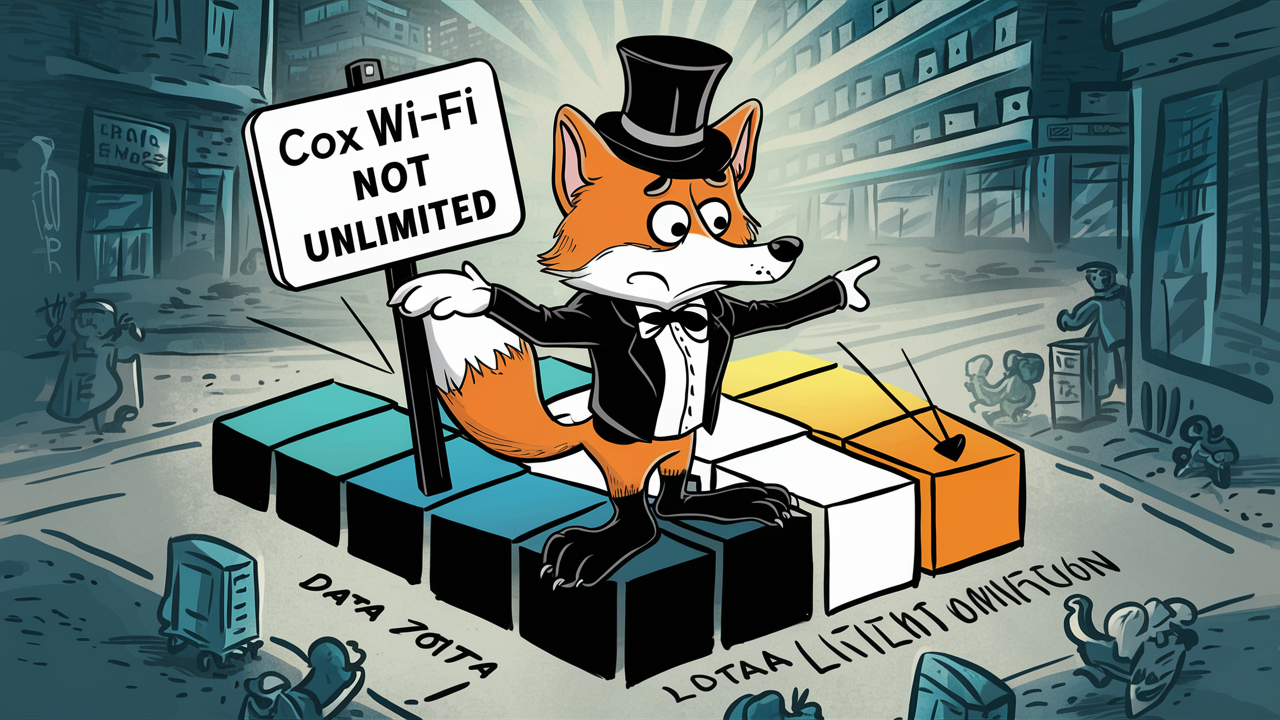Why is Cox Buffering so Much?

If you are among the many Cox internet customers who feel annoyed by successive buffering and lag when using the internet to stream videos or play online games, then you will not be alone. Recent issues in Cox's internet service have revealed more issues regarding the frequent connection issues that interfere with streaming and buffers. So what is in it for the people behind this and what can the customer do to stop it? Here are specific details of the reasons for the buffering problems that plagued Cox.
Increased Network Congestion
Although Cox’s buffering troubles involve several elements, congestion on the company’s network is the leading factor. As more households consume more devices and applications that require significant amounts of bandwidth, the networks endure more pressure in terms of capacity. Even just for video streaming, it makes up over 60 percent of the internet traffic. In particularly busy evening hours, it becomes rather challenging for neighborhoods to cope with the amount of load.
Internet customers: Cox has approximately 6,000,000 customers within 18 states. Although they have expanded infrastructure periodically, they have not done much to increase capacity to meet the growing traffic intensity. That is why when too many customers stream 4K videos or games, the bandwidth gets occupied and causes problems like lagging, jitter, and buffering. Enhancing the network capacity for mobile broadband throughout the country necessitates huge long-term investment commitments to reverse years of congestion.
Hardware and Infrastructure Issues
Furthermore, Cox has the issue of congestion and other problems with the hardware and infrastructure of the connections that lead to outages and various connection issues. It is a fiber-coaxial network, which means it uses both fiber-optic and coaxial cables, although the coaxial cables in their system are copper and decades old. The coaxial segment is susceptible to weather-related issues and equipment that suddenly disconnects neighborhoods that serve millions.
Lack of Sufficient Internet Connection in the Home
Many subscribers experience a buffer of 10 seconds or more and again while Cox’s network issues are the most significant, home WiFi problems also affect the viewer. Limited wireless signals, old routers, transmission from other devices, or incorrect positioning of routers are some of the factors likely to slow down the connection. Slow connectivity on one device suggests that there is a problem with the home network as opposed to the company’s network.
This buffering competition may not be the best for customers but they can do several things to counter it.
Here are a few tips to alleviate buffering problems for Cox subscribers:
1. Still, in case of consistent connection problems, contact the customer support service and inquire about a ticket for a technician. Throttle tickets from multiple customers ease the system upgrading process since they help in prioritizing them.
2. Check the quality of wireless signals; get a better and newer router if the WiFi connection is a problem. Whole home coverage can be offered by companies with mesh systems, one of them being Eero. If possible, the streaming devices should be hooked to the router through an ethernet cable.
3. If you are having problems with your internet connection then the use of internet speed tests will help in the diagnosis of the problem. It is recommended to test both the wireless and wired connections. If WiFi performs poorly or if performance is worse than what was expected, then it most probably indicates that the home network should be upgraded.
4. Avoid heavy usage of Internet bandwidth during the evening peak times such as watching 4K movies or multi-player gaming. Similarly, schedule large downloads overnight to avoid network contention. Do not fill all your available capacity to the brim, because this is a common brake for success.
5. If continuous buffering appears abruptly, utilize Downdetector and its counterparts to confirm that the service is down, not just the user’s network. Such blackouts are usually completed in several hours or days.
That is the Reality of Shared Networks
The fact of the matter is that the buffering derives from the exertion of common shared network platforms. Yes, Cox does still need to keep increasing capacity at homes but home internet will always be an evening crowd which increases as more households game and stream. Consumers should be prepared for the fact that Internet video will never be as polished as television broadcasting.
Nevertheless, Cox can initiate investments and enhancements in its networks and equipment to reduce extreme congestion problems. Consumers can then get optimal connections within the house, avoid excessive usage during peak hours, and give their feedback to the customer services department. Together, that helps to reduce, although quite probably not completely eradicate, the buffering problems with the modern high-speed Internet.
Ready to upgrade your internet experience? Call us now at +1 844-349-7575 to explore the best Cox Internet plans for your needs!





